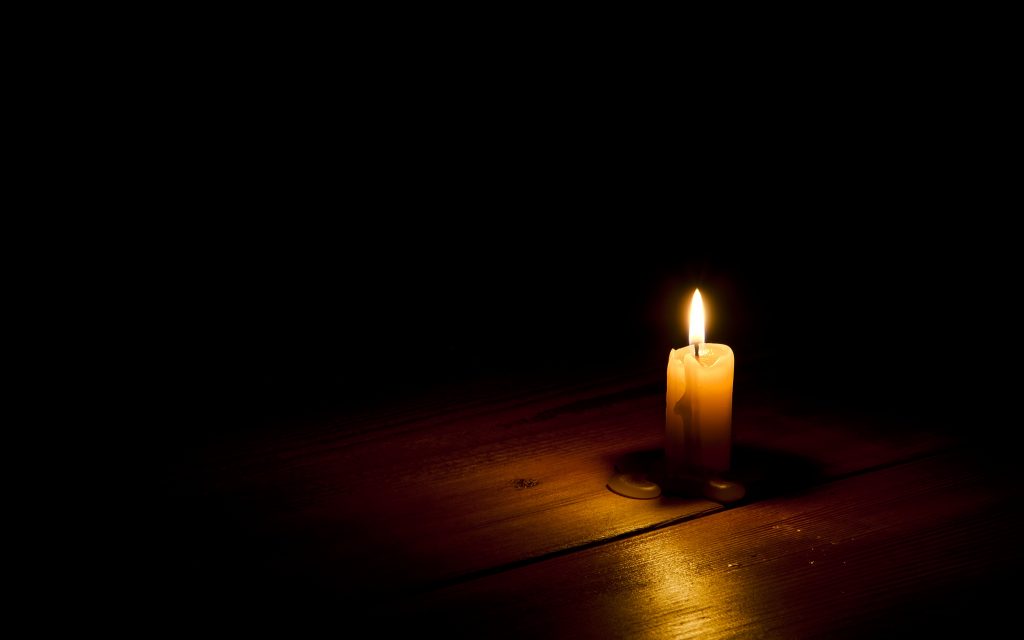Bulawayo’s informal traders are struggling to stay afloat as extended power cuts leave entire suburbs without electricity for most of the day, forcing many to find alternative, costly ways to keep their operations running.
An informal trader in Nkulumane shared how the power cuts have forced her employer to reduce operations, including discarding spoiled meat.
“We sell drinks, but without electricity, they don’t stay cold, and we’re losing money,” she said.
Yet, others in the fast-food business reported a surge in demand, as people turned to quick, ready-made meals during power cuts.
In Northend, resident Mkhwananzi described how the frequent outages have crippled his small business.
“They switch off the power around 6 a.m., and it comes back around 8 p.m. With limited employment opportunities, many of us rely on informal businesses. We put drinks and water in the fridge, but now they can’t stay cold. It’s hurting our livelihoods,” he explained.
Mkhwananzi also highlighted the social impact of the power cuts, saying, “We love football, but the power cuts mean we miss the games, even though we pay for DSTV. We don’t know what else we can do to get electricity.”
Hloniphani Dube, a resident of Nkulumane, echoed similar frustrations. “We’re facing serious load shedding. Now, we’re cooking with firewood because we only get power around 11 p.m., long after we’ve gone to bed. I’m worried about these long hours without electricity. It used to be half-day cuts, but now it’s too much. We’re asking for shorter outages—they switch off the power at 5 a.m., leaving us with hardly any time to use it,” she said.
Dube noted that many residents are now forced to buy gas, but this is not sustainable.
“We constantly have to spend money on gas for different needs like ironing, and it runs out quickly. We also use firewood, but it’s tough. We used to have lighter skin, but now we’ve darkened from the smoke. We are appealing for reduced load-shedding hours,” she added.
Another resident criticised the power utility’s timing of the outages, claiming they are taking advantage of residents.
“They give us electricity when we’re asleep and take it away when we wake up. It feels like emotional harassment. Why can’t they provide electricity from 4 p.m. so we can cook, and then cut it after 7 a.m. when people are done with morning routines? Most companies close by 4 p.m. anyway,” he argued, suggesting that some officials might have interests in gas companies, driving residents to buy more gas.
“ZACC needs to investigate this,” he urged.
Amid these challenges, the Zimbabwean government has outlined its plans to address the electricity crisis. During a post-Cabinet briefing in Harare, the Minister of Information, Publicity, and Broadcasting Services, Jenfan Muswere, detailed efforts to restructure ZESA Holdings (Pvt) Ltd.
The plan involves consolidating some of its entities, as recommended by an independent consultant, with the aim of resolving structural issues in the energy sector.


Leave a comment